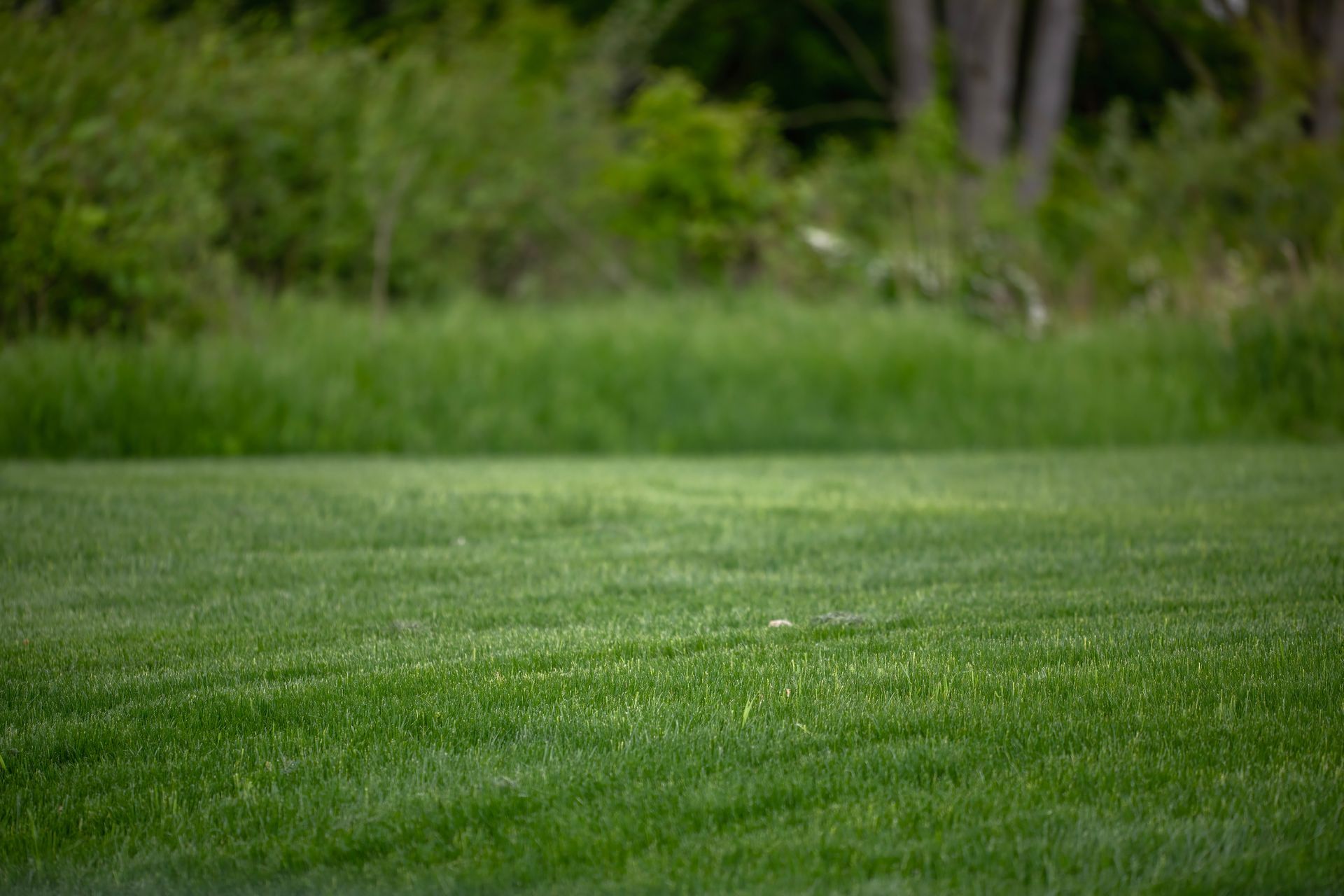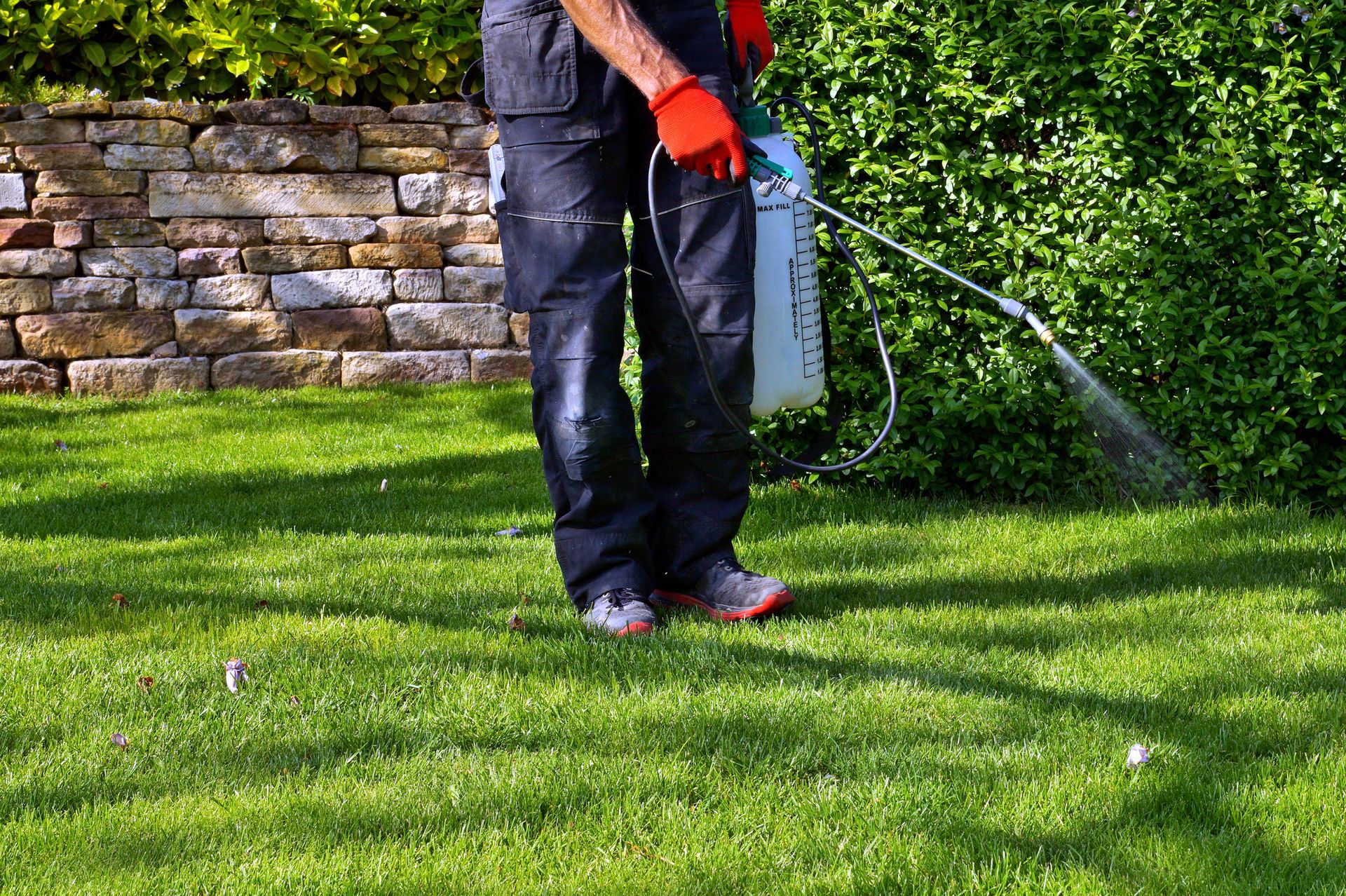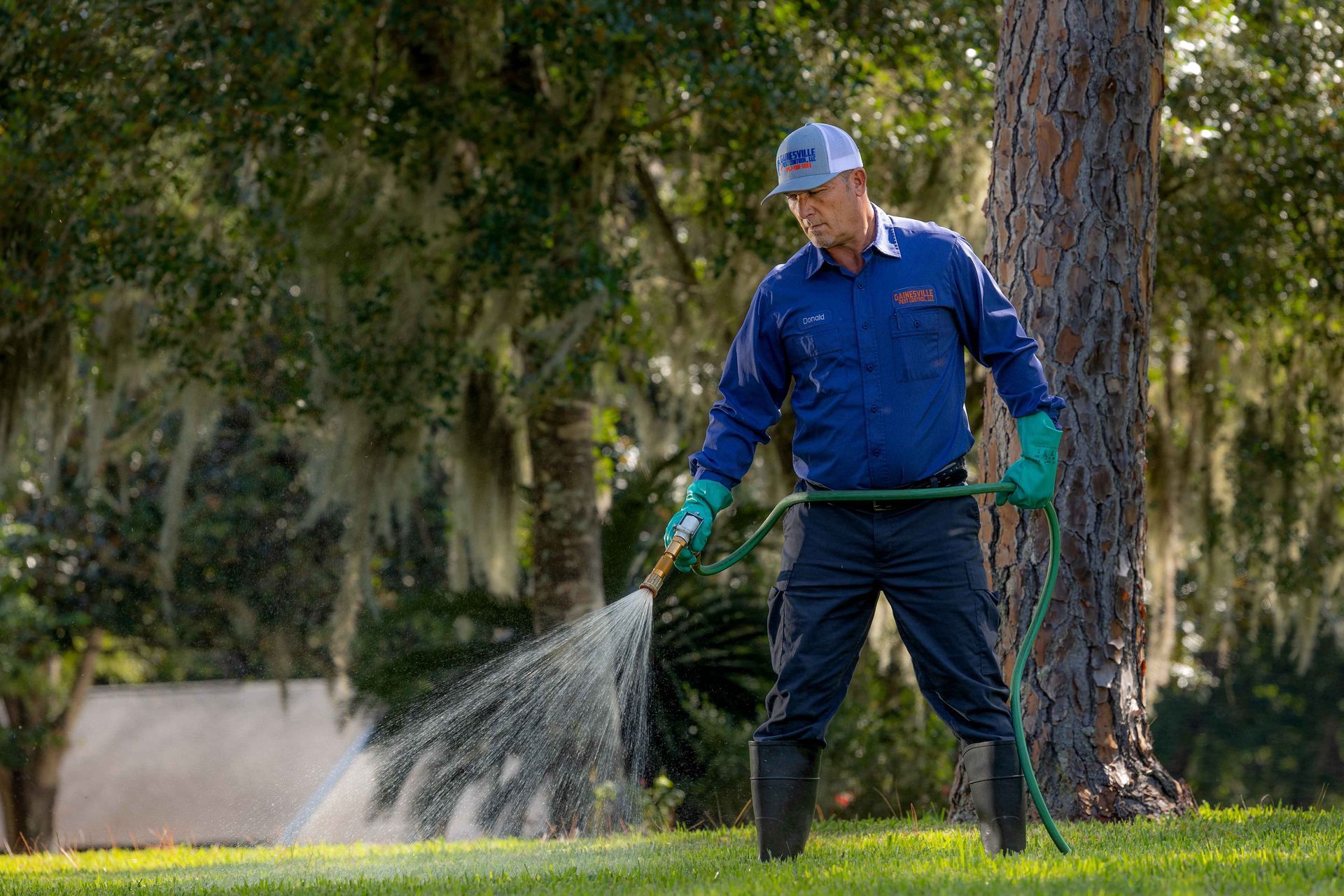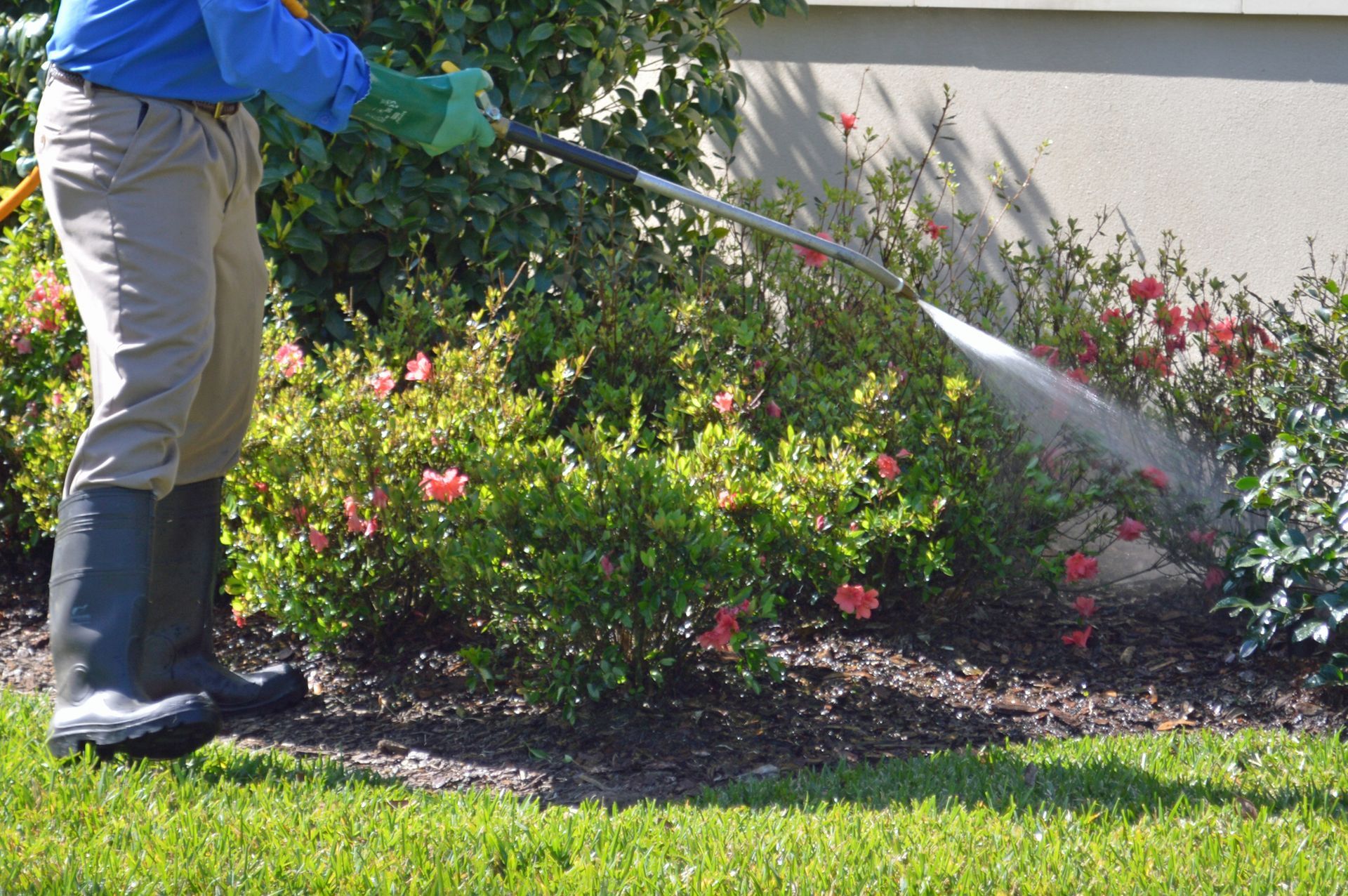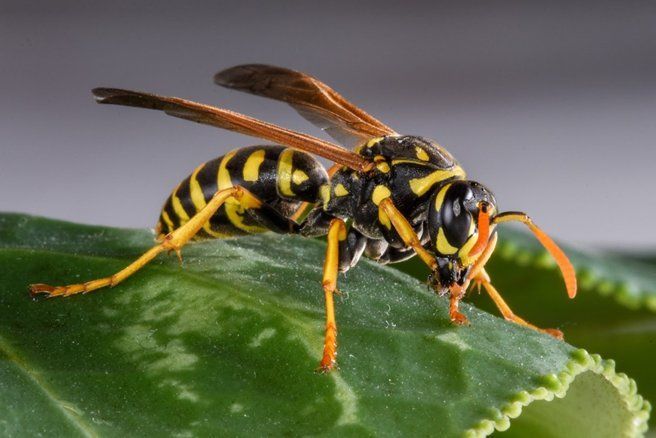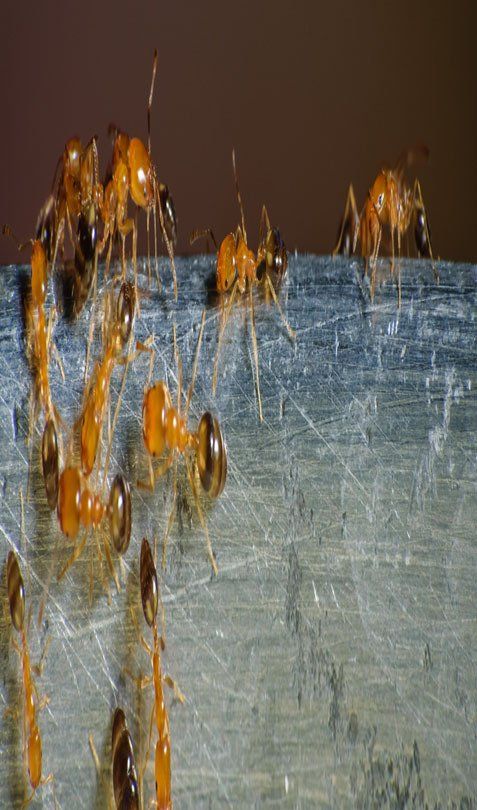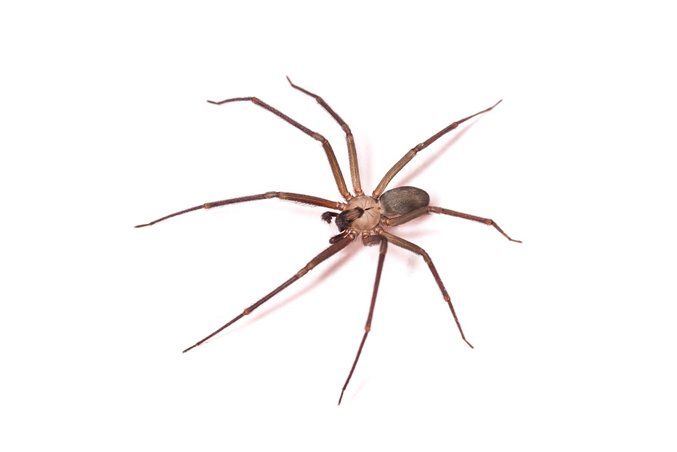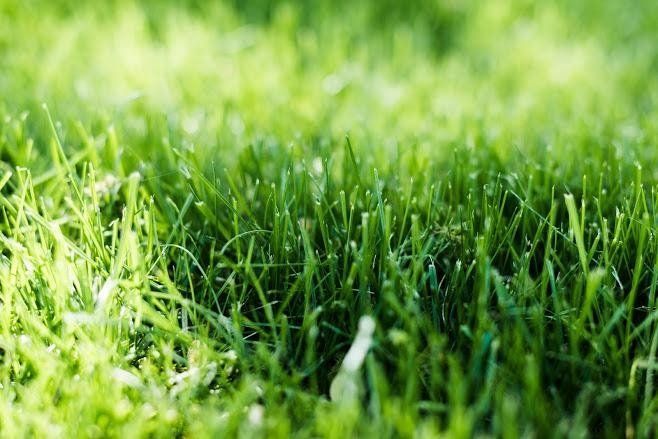What You Need to Know About Florida's Fall Armyworms
websitebuilder • August 17, 2020
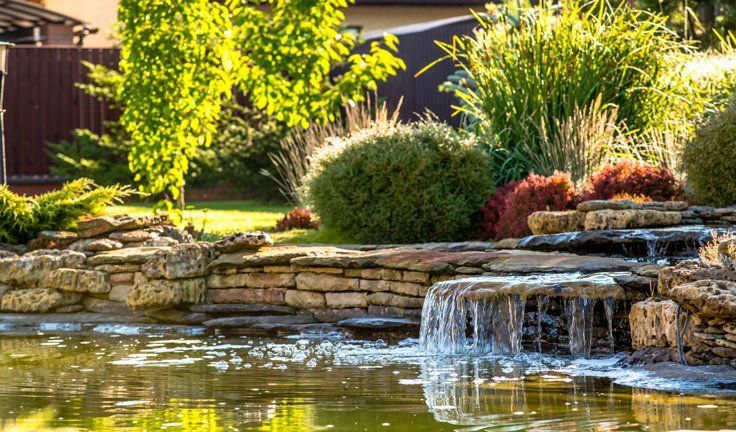
Does your yard have armyworms? Before you try a DIY pest control treatment, take a look at what you need to know about Florida's fall armyworms, invasions, and extermination.
If you're not sure whether the worm-like creatures or flying invaders in your yard are armyworms, contact a professional. A pest control contractor can easily identify the fall armyworm and recommend a treatment plan.
What Are Armyworms?
Fall armyworms is a common outdoor pest in the American Southeast. Found in Florida, this invader eats plants and grasses. Like other insects, the fall armyworm changes over the course of its lifecycle. This means it won't always look the same—especially to the untrained eye.
Known by the scientific name Spodoptera frugiperda, the fall armyworm:
- Lays dome-shaped eggs. According to the University of Florida, the fall armyworm's eggs are typically 0.4 mm across by 0.3 mm tall. The female fall armyworm typically lays between 100 and 200 eggs at a time.
- Has a worm-like larva. The fall armyworm's larva changes as the pest matures. Larvae in the earliest stage have black heads. The head gradually turns orange and the body turns brown. Older larvae have elevated spots on the body and a characteristic Y shape.
- Is winged as an adult. The adult fall armyworm is a moth—and not what many homeowners think of as a worm. The moth’s wings are gray and brown, with triangle-shaped spots.
Are Fall Armyworms Dangerous?
While these pests won't attack you, they can pose a danger to your yard. The fall armyworm can cause damage in your yard, including:
- Bare spots. Even though the fall armyworm can damage your entire lawn, you may only notice bare spots. These pests are more likely to damage newly established turf or grass heavily fertilized in late summer, according to the University of Florida .
- Leaf destruction. The larvae eat leaf tissue, creating holes in your yard's foliage.
- Crop destruction. If you grow fruits or vegetables, fall armyworms can destroy crops such as corn, strawberries, papayas, peaches, and apples.
The grass and plant-life damage the fall armyworm can cause doesn't only happen in the autumn. Even though the word fall is in the name, these pests can invade your yard any time of the year.
How Can You Eliminate Fall Armyworms?
The pest doesn't have to damage your grass or destroy your vegetable garden. To prevent, manage, or eliminate an infestation:
- Avoid over-fertilization. Again, over-fertilized late-summer grass can attract this pest. Choose the amount and timing of fertilizer you use wisely to prevent this potential yard threat.
- Harvest early . If you have an extensive garden with fruit and vegetable crops, harvest the items early. This may reduce the likelihood of an armyworm invasion.
- Watch for signs. The most noticeable red flag of a fall armyworm invasion is the presence of the insects themselves. If you don't see the armyworms, look for holes in plants or bare spots in your yard.
- Call a professiona l. Pest control isn't a do-it-yourself job. The wrong treatment can pose a serious safety risk and leave your yard with a new infestation. If you suspect a fall armyworm problem, the exterminator can recommend the right type of treatment for your home.
Pest control products are more effective on smaller fall armyworms (in comparison to the larger or older larvae), according to the University of Georgia. This makes early identification essential. The sooner you hire a qualified pest control service, the more likely it is you can easily treat the problem and eliminate the fall armyworms from your yard.
Does your yard have fall armyworm damage? Contact Gainesville Pest Control LLC
for more information on what to do next.

